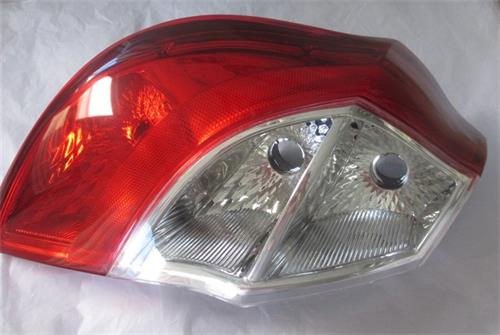Rapid prototyping can be useful in all ideas and industries, so, depending on the context, the techniques to be used may vary, in order to obtain the best result. Rapid Prototyping is used in the experimentation stage of Design Thinking, through which you can bring your ideas to life and test it with your future clients in order to obtain feedback and allow to improve.



